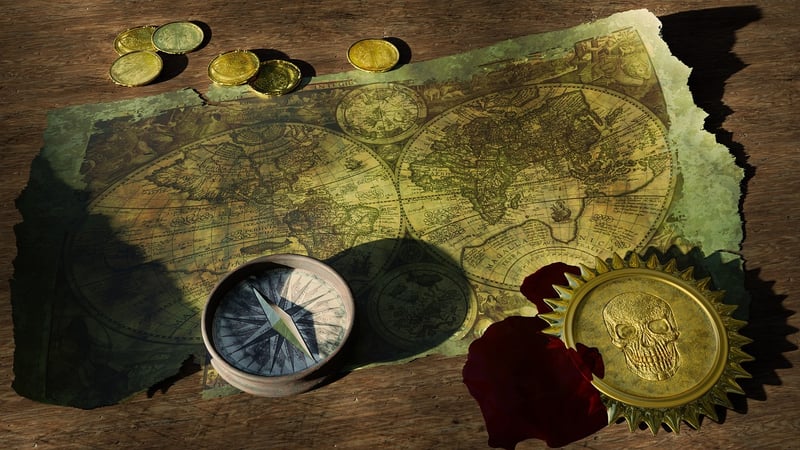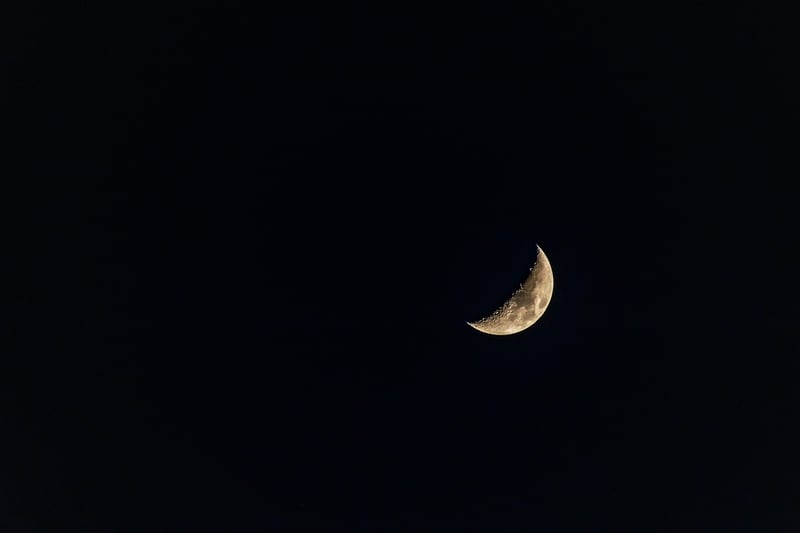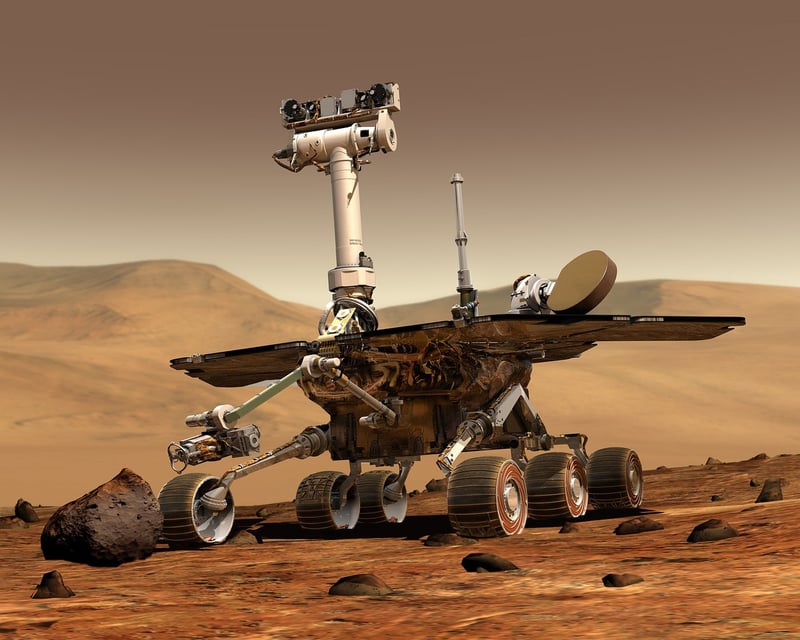Futuristic Explorations
The Evolution of Exploration: From Ancient Times to the Future
Ancient Explorations
Exploration has been a fundamental aspect of human history, dating back to ancient times when early civilizations ventured into the unknown. From the Phoenician travels across the Mediterranean to the Silk Road connecting the East and the West, ancient explorers laid the foundation for future discoveries.

Age of Discovery
The Age of Discovery in the 15th to 17th centuries marked a significant period of exploration, with expeditions by pioneers like Christopher Columbus, Vasco da Gama, and Ferdinand Magellan. These explorers expanded geographical knowledge, leading to the mapping of new continents and cultures.

Exploring the Oceans and Space
In modern times, advancements in technology have enabled explorers to delve into the depths of the oceans and journey beyond Earth. From Jacques Cousteau's underwater explorations to the Apollo missions landing on the moon, humans have pushed the boundaries of exploration.

Futuristic Explorations
Looking ahead, the future of exploration holds exciting possibilities with advancements in artificial intelligence, robotics, and space travel. Concepts like space tourism, colonization of other planets, and deep-sea exploration using autonomous vehicles are on the horizon.

Conclusion
Exploration has always been a driving force for humanity, leading to new discoveries, scientific advancements, and cultural exchanges. As we move forward into the future, the spirit of exploration continues to inspire us to reach new frontiers and expand our understanding of the world and beyond.
